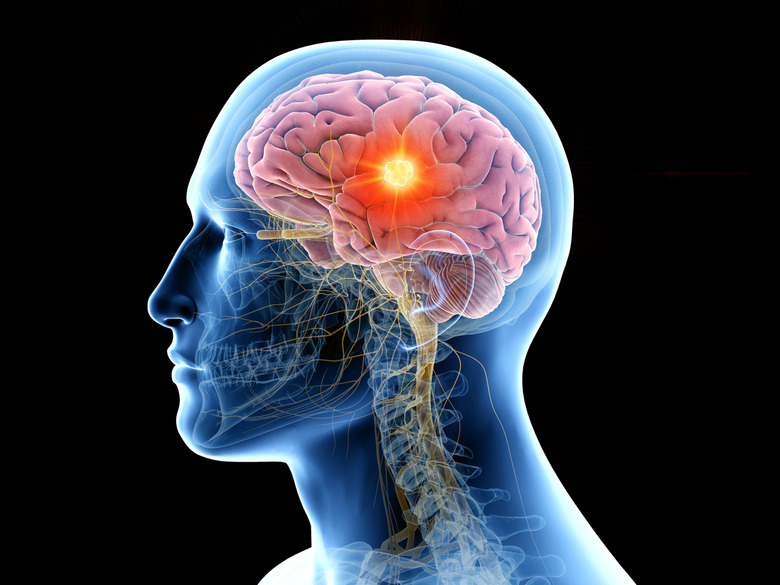Breakthrough Urine Test Can Detect Brain Tumors Early
The sooner cancer is diagnosed, the higher the chances of survival are for patients because treatment can start immediately. Doctors often look for markers that would confirm the presence of a tumor, but not all cancers are the same. Different biomarkers are used to detect different types of malignant growths in tandem with other tests to establish a correct diagnosis.
One type of tumor that's difficult to catch early is brain cancer, as patients usually get a CT or MRI scan only after developing neurological symptoms. Doctors would recommend the scan to analyze the brain's structure, at which point they'd detect and diagnose the abnormal tissue. Once the diagnosis arrives, it might be too late for surgery to completely remove the growth. In turn, this would reduce the patient's chances of survival.
A team of scientists from the Nagoya University set out to fix this problem and discovered a breakthrough urine test that might significantly hasten brain cancer diagnoses and save lives.
According to a study published in Applied Materials & Interfaces (via Med Lifestyle), researchers at the Nagoya University researchers came up with a microRNA urine test that can detect brain cancer with 97% specificity.
MicroRNAs are small nucleic acid molecules that are released by different cells in bodily fluids such as blood and urine. The researchers focused on these tiny particles and developed a process for finding the molecules that could act as an early warning signfor brain tumors.
"Urine can be collected easily without putting a burden on the human body," Nagoya University Associate Professor Atsushi Natsume said in a statement. "Urine-based liquid biopsy hadn't been fully investigated for patients with brain tumors because none of the conventional methodologies can extract microRNAs from urine efficiently in terms of varieties and quantities. So, we decided to develop a device capable of doing it."
To capture the microRNA that might be traveling through urine, the scientists created a device made up of 100 million zinc oxide nanowires. The device can be mass-produced and it can be sterilized for medical usage. Only one millimeter of urine is required for the gadget to extract a large amount of microRNA from a sample, far exceeding what's available in the industry.
The authors explained that many microRNAs from brain tumors exist in urine in a stable state. They used their device to analyze samples from brain cancer patients and controls. The study says the device can diagnose brain tumors with a sensitivity of 100% and a specificity of 97%, regardless of the size and malignancy of the tumors. Sensitivity measures the proportion of positive diagnostics correctly identified, while specificity measures the correct true negative diagnostics in a test. That means the study correctly identified 100% of cancer patients and 97% of noncancer volunteers.
The Nagoya University scientists believe the new test might be used as a marker to catch various types of brain cancer early. "In the future, by a combination of artificial intelligence and telemedicine, people will be able to know the presence of cancer, whereas doctors will be able to know the status of cancer patients just with a small amount of their daily urine," Dr. Natsume said.
The full study is available at this link.
